
What are the differences between an inverter generator and a conventional generator?
Technology: Inverter generators use advanced electronic circuitry to produce clean and stable power, while conventional generators produce AC power directly from the engine.
Size and Portability: Inverter generators are generally smaller, lighter, and more portable than conventional generators, making them easier to transport and store. This makes them a solid choice for camping, RVing, and other outdoor activities where space is limited.
Fuel Efficiency: Inverter generators adjust their engine speed to match the power demand, leading to greater fuel efficiency. You can typically run the generator for longer on the same amount of fuel, saving you money in the long run.
Noise Level: Inverters have advanced technology that allows them to run at a lower noise level than traditional generators. This reduced noise level makes them better suited for use in residential areas, camping, and other off-grid activities where noise pollution is a concern.
Power Quality: Inverter generators produce high-quality, stable power that is safe for sensitive electronics, while conventional generators may produce power with fluctuations and voltage spikes.
Parallel Compatibility: Many inverters come with parallel compatibility, allowing you to connect two or more inverter generators together to increase power output. Increased power output is helpful for applications where you’re powering high-wattage appliances and multiple devices simultaneously.
Cost: Inverter generators are often more expensive than conventional generators due to their advanced technology and features.

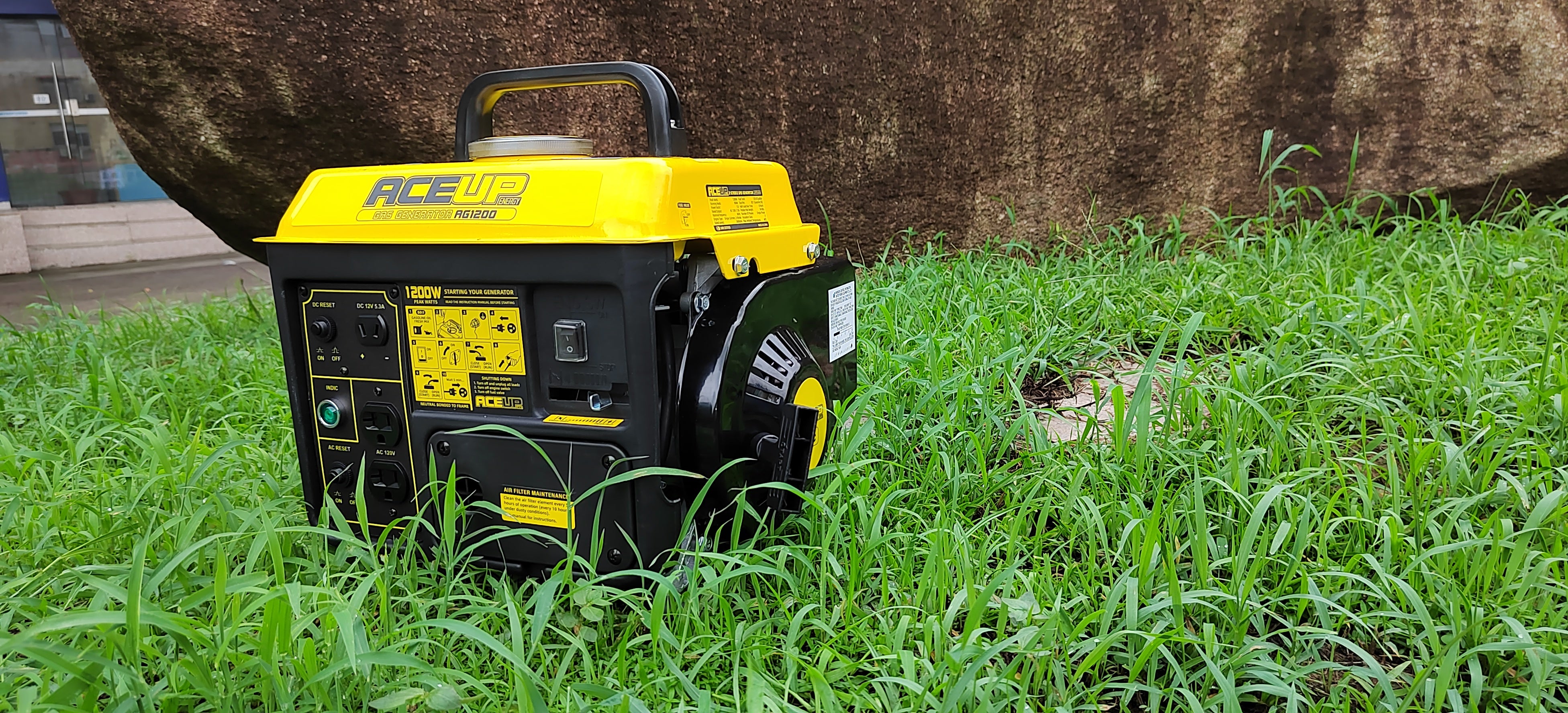
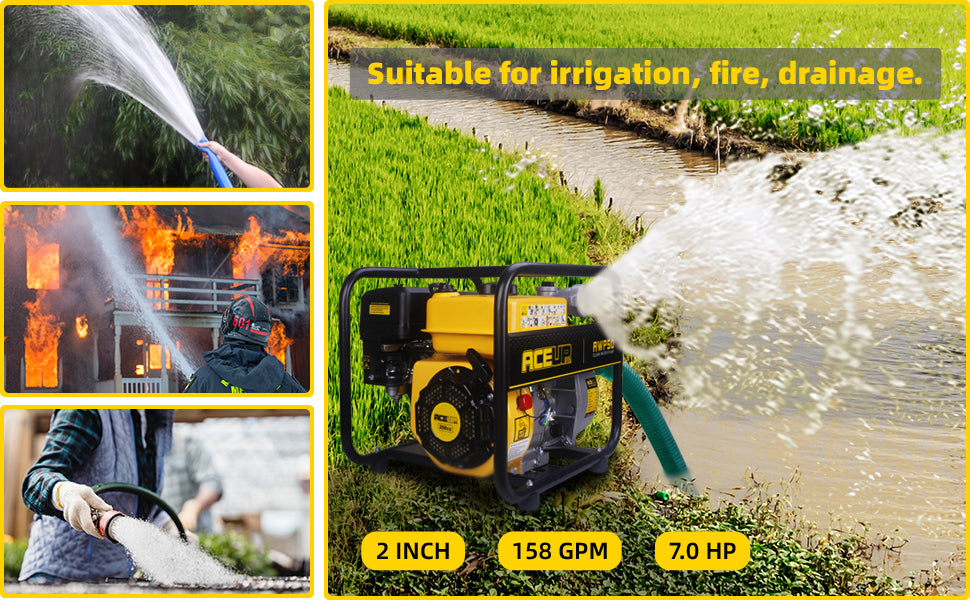
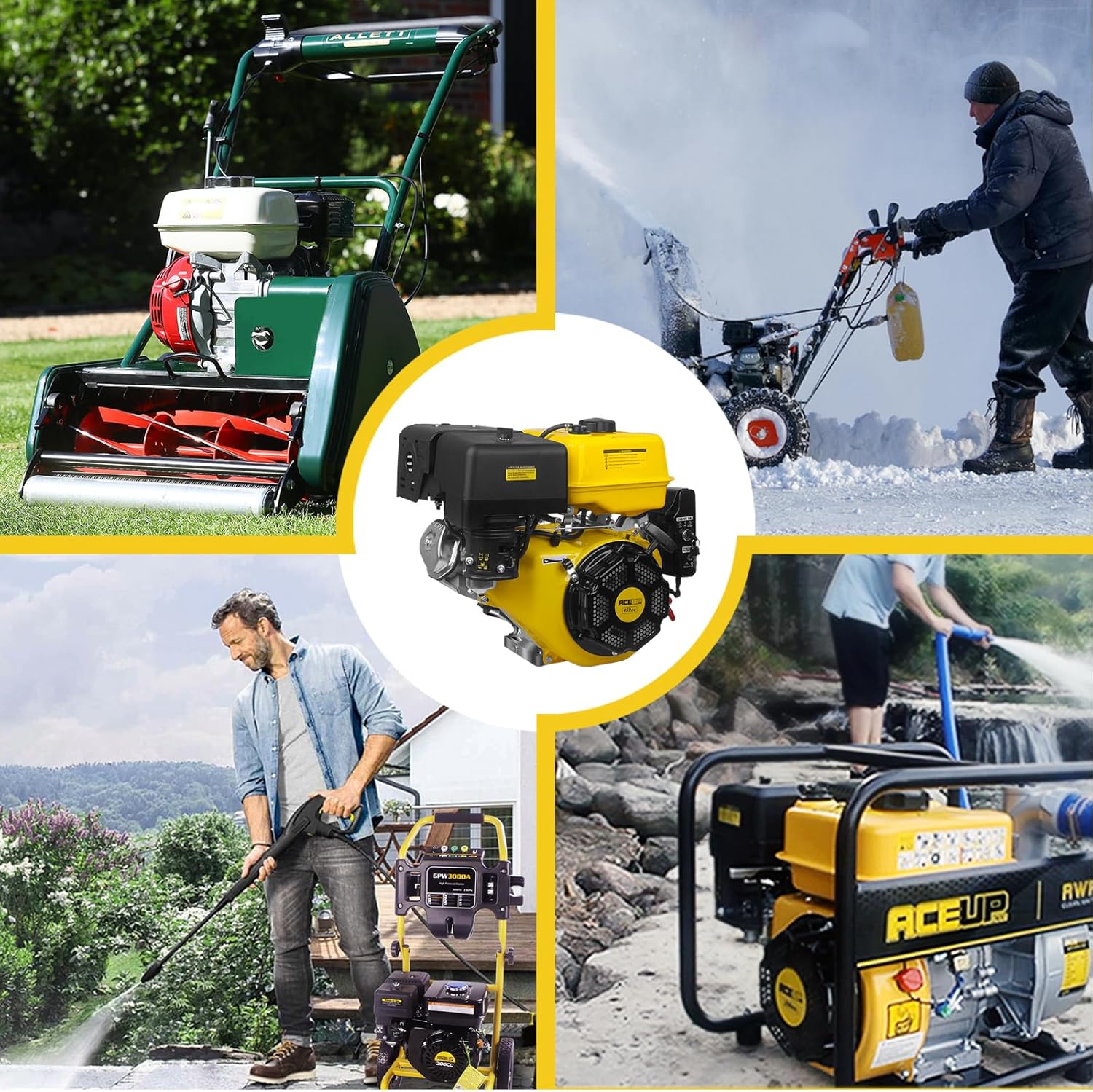
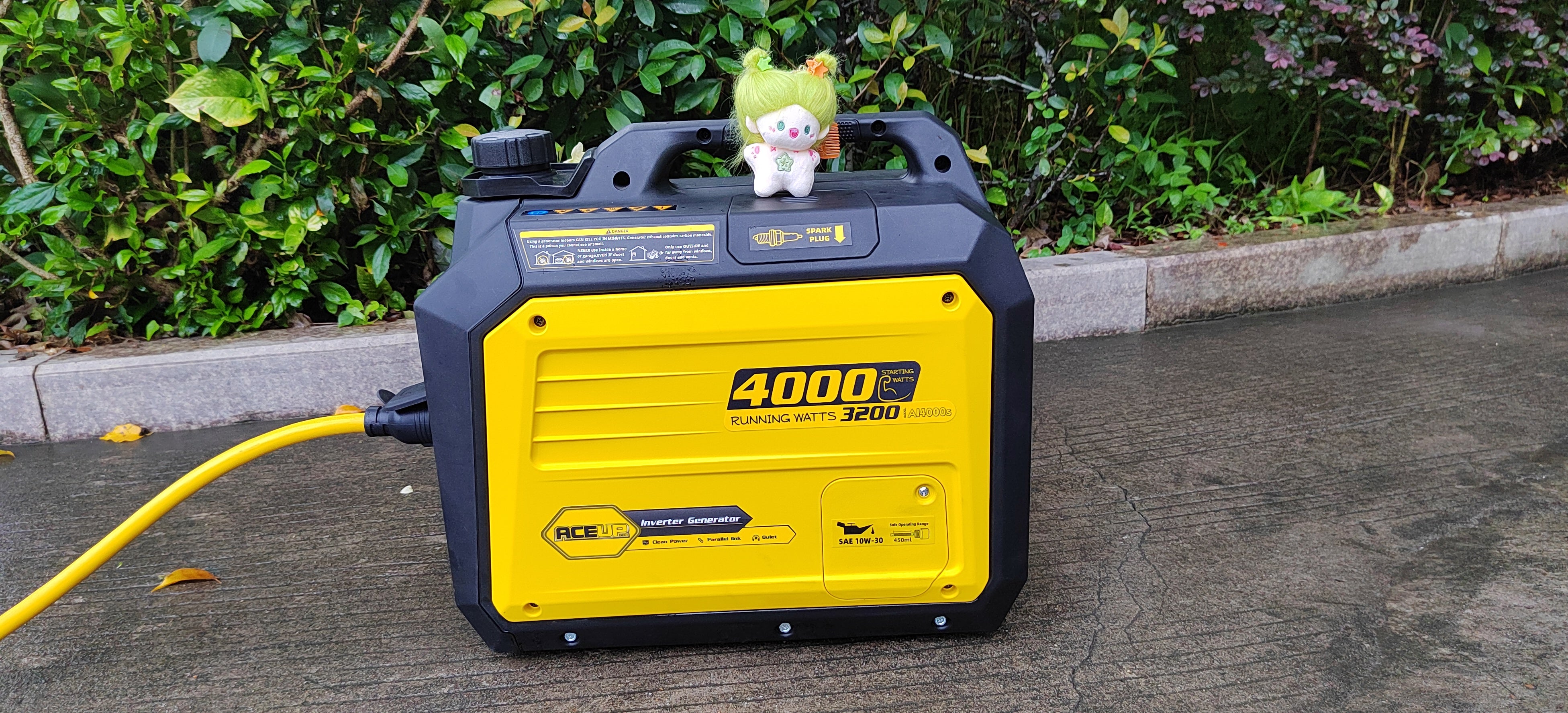

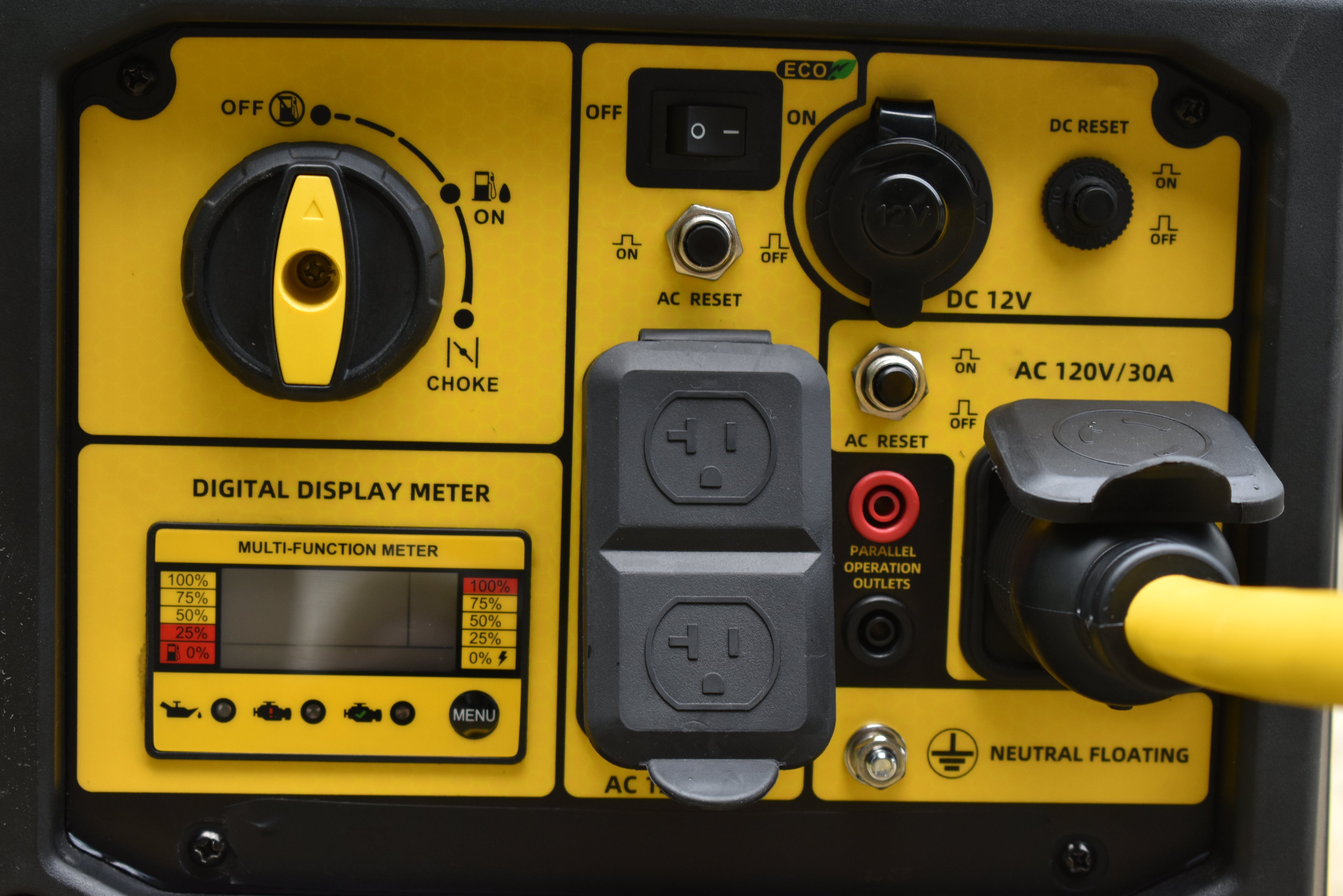
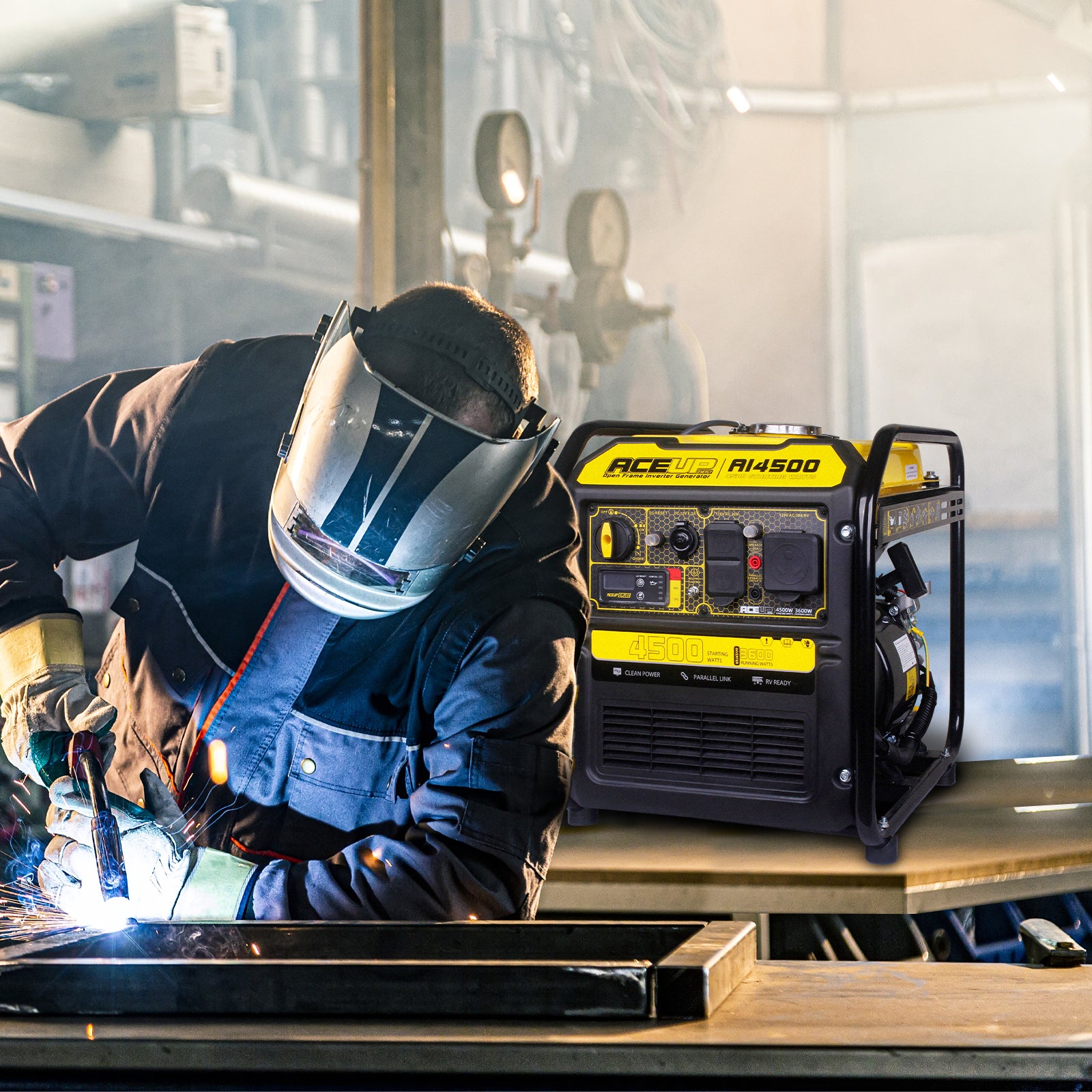
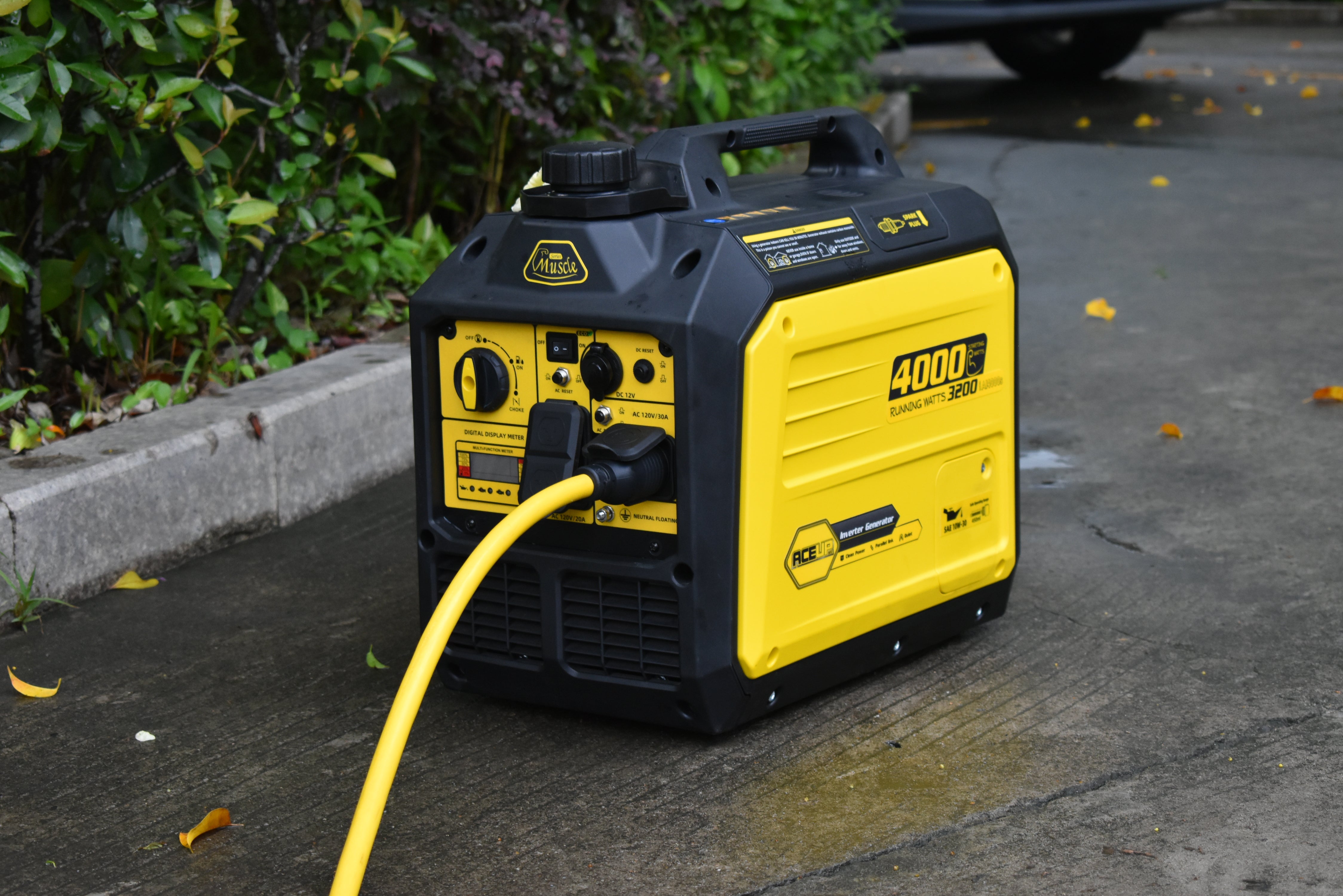
1 Comment
Hello
I purchased this generator inverter trough Amazon. I needed it for a hunting Expedition in Northern Quebec. The Expedition was to be filmed and we needed the generator to charge all our electronique equipment. The first evening it ran fine for 3hrs. We shut it off for the night. Next day when i tried to restart it by following the procedure, it would not start. We checked everything, from the oil to the gaz and start up and nothing worked. Here we had a brand new generator that we were dependent on for our electronics and it was not working The filming was shot and everything else that we needed it for. Because we were in the bush(By plane), the Amazon return policy was passed, therefore no return They referred me to the company warranty. Even after several tries to return the defective generator all they propose is a plan to fix it. I told the company that I was not a mechanic and that their warranty garanties the product All i want is to return it and get a new one